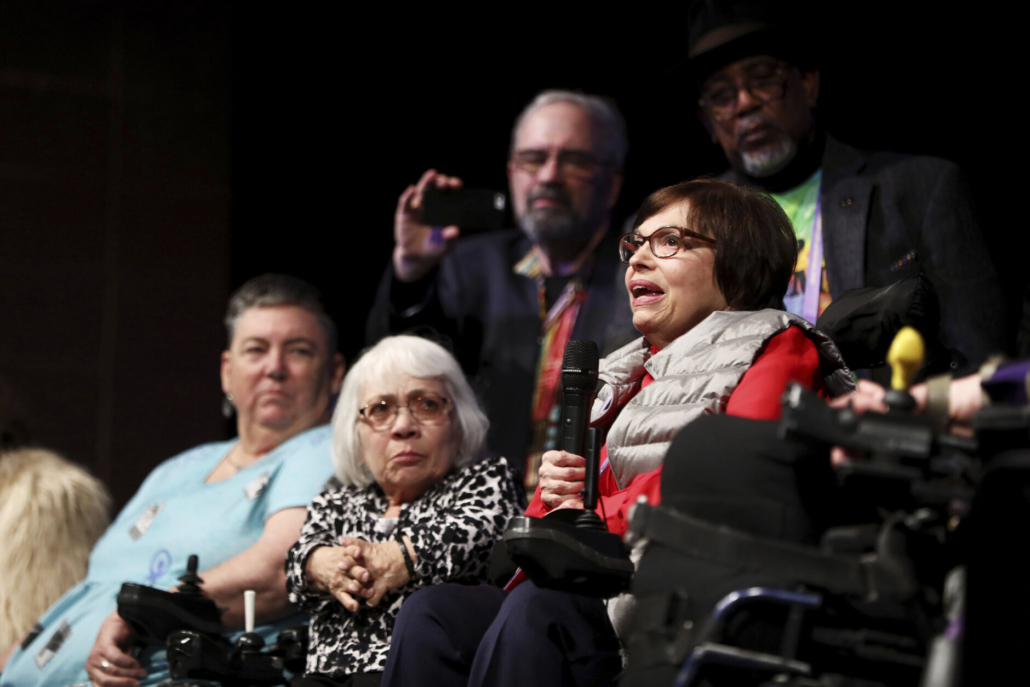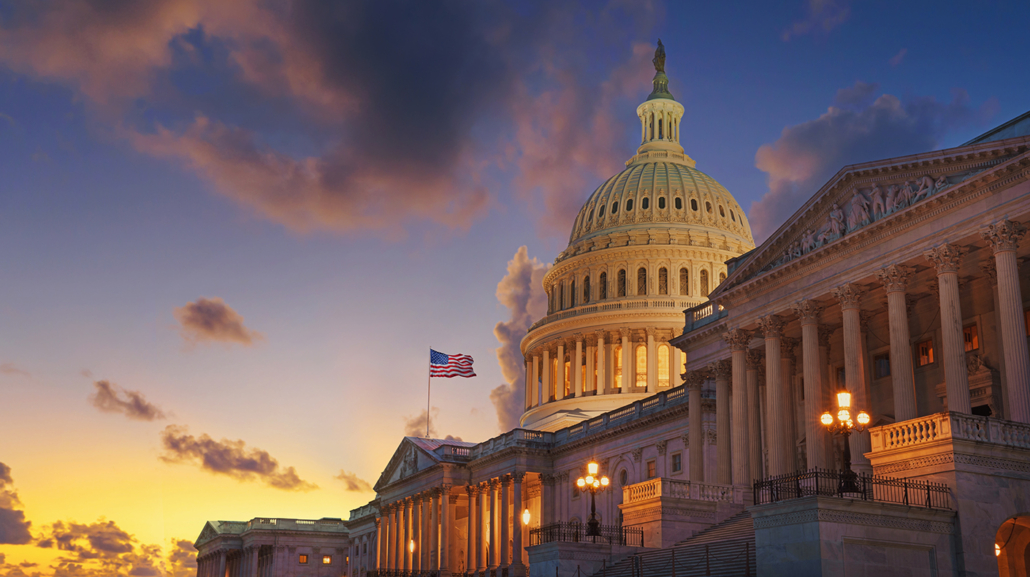by Rabbi Evan Krame
Moses hands off spiritual leadership to his brother Aaron and Aaron’s sons in Parashat Tzav (Leviticus Chapter 8 : 2 – 5) in a very public ceremony, He becomes a facilitator for Aaron and his sons to assume the priestly roles, thus signaling a profound change in leadership structures. At first I wondered why Moses was not to be high priest, finding this development unfair and out of order. Upon reflection, the discomfort at the leadership shift was all mine. The Torah and the lead actor, Moses, once again exhibited the finest of political and management skills as Moses relinquishes spiritual leadership duties to demonstrate that religious growth will come with decentralization of authority.
The Torah instructs that it is a mistake to bundle up political, spiritual, military, judicial and economic roles in one person. Previously, in parashat Yitro, Moses learned to share judicial power with the elders. Military control is given over to Joshua in phases as the Children of Israel prepare to enter their new homeland. In this particular moment there comes a spiritual leadership reassignment.
But notice how the change is finessed. It is both public and expansive. First, God instructs Moses and then Moses gathers all of the people together at the tent of meeting to bear witness to the anointing. To insure a successful sharing of spiritual access, Moses makes certain that the entire community is engaged as witness to the shift.
Second, Moses had a relationship with God that was as if friends were speaking face to face. The priestly rituals, focused on offering sacrifices, demonstrate another and less direct line of connection to God. While both representational and derivative, the priestly rituals expanded access to the Divine beyond the private line between God and Moses.
The modern technology of communicating with God is vastly different from the time of the Exodus. No one has singular access to God. No goats die for the sake of our connection as prayers and meditation have supplanted priestly processes. Yet, the shifting of power and introduction of new rituals in this parasha makes for a poignant message. Today’s religious governance should be inspired to share spiritual leadership and expand access to God. As per God’s direction, the change must be public and inclusive.
Spiritual leadership paradigm change is necessary for the future growth of Judaism. It is time for us to figure out what the next transfer of spiritual Jewish leadership should be. Our challenge is to select new spiritual leaders to inspire and guide us through to the new paradigm.




